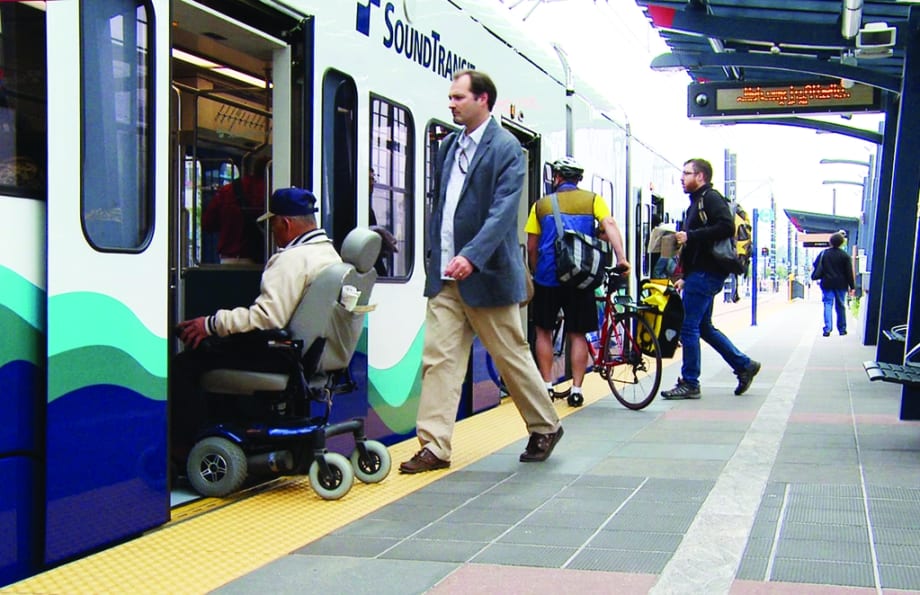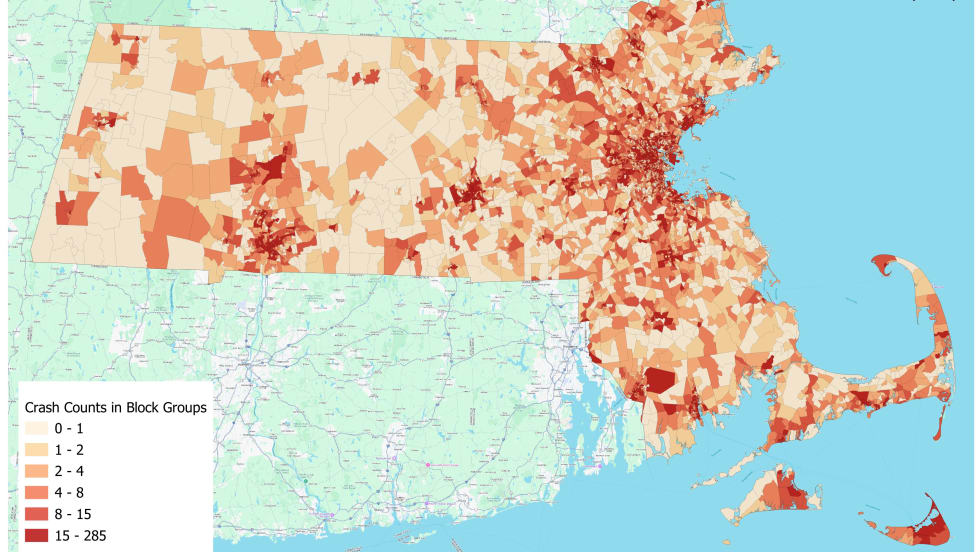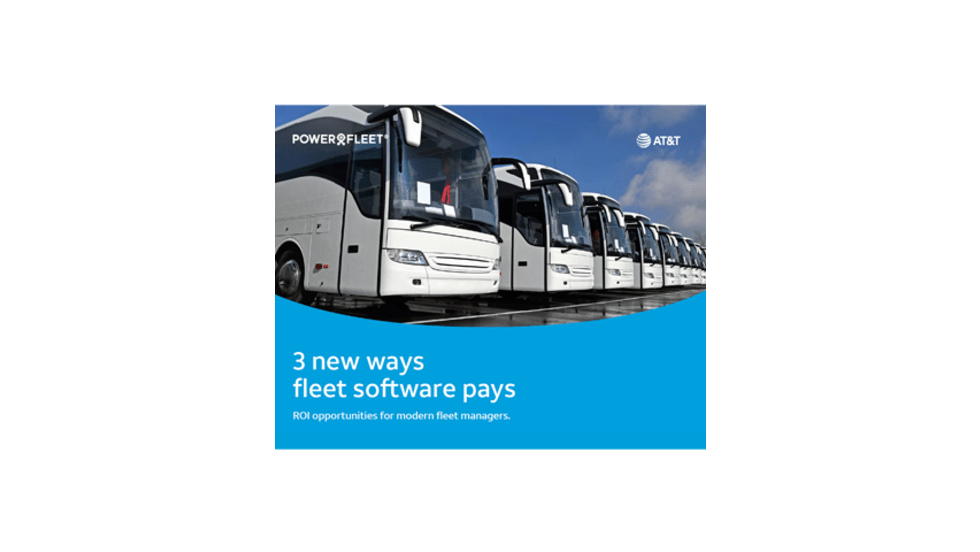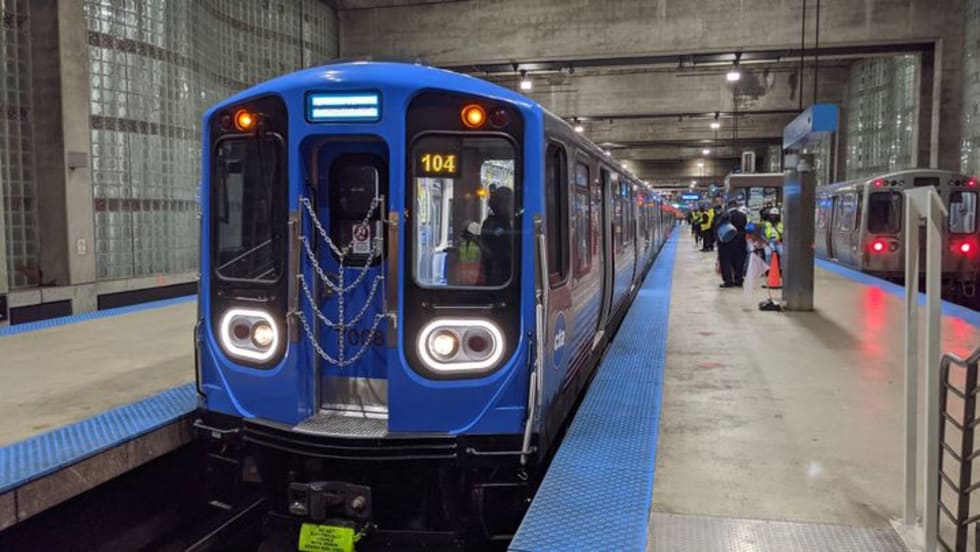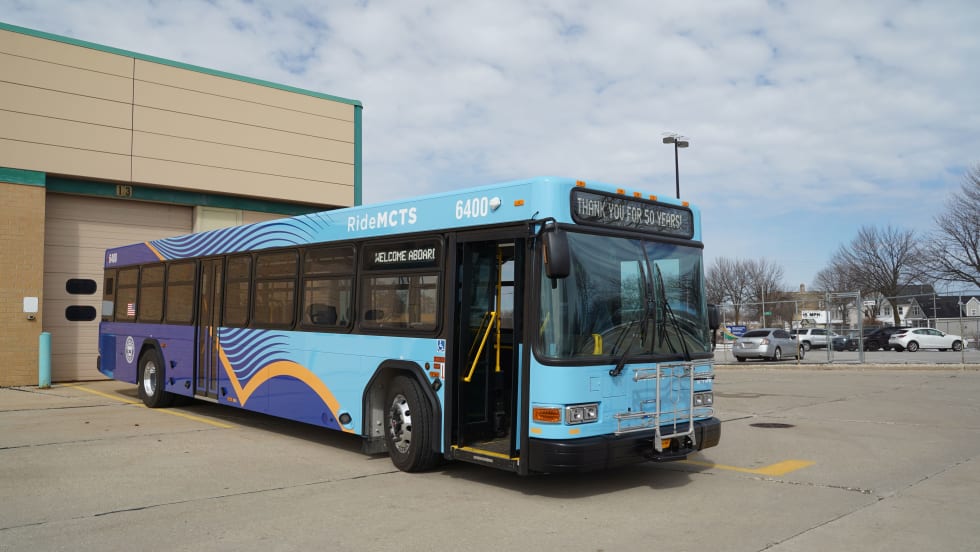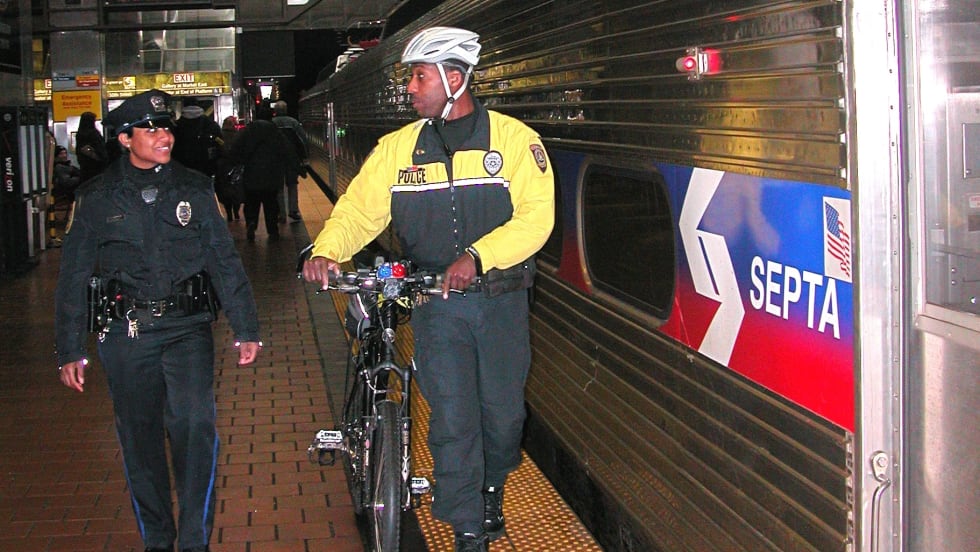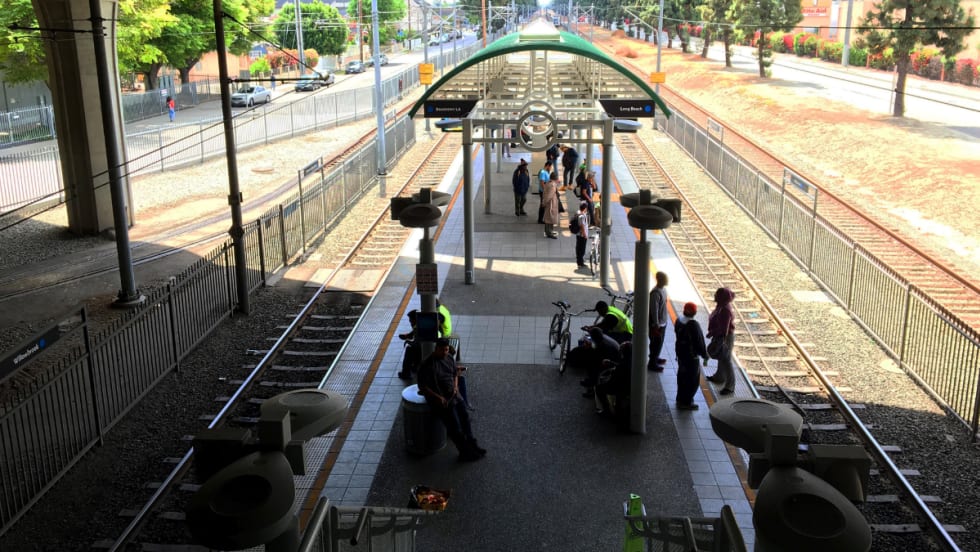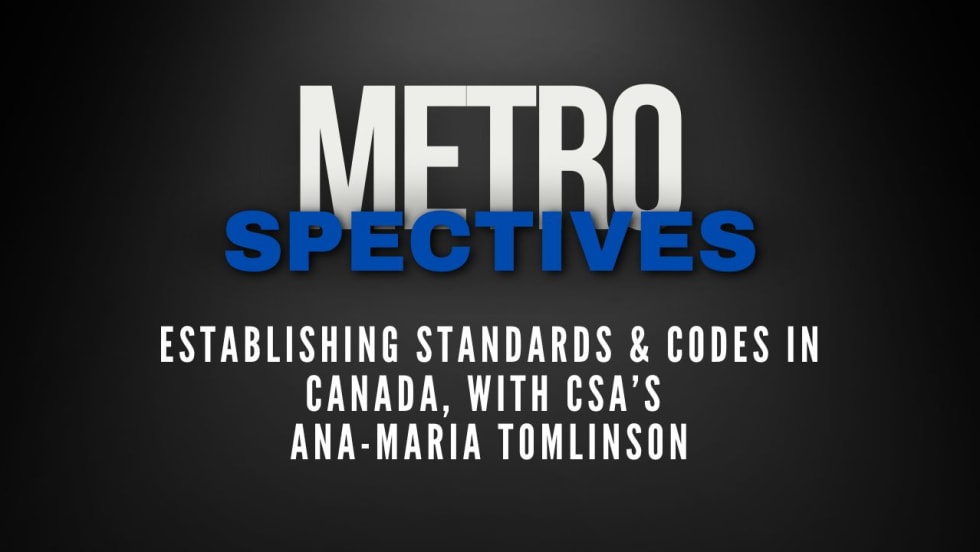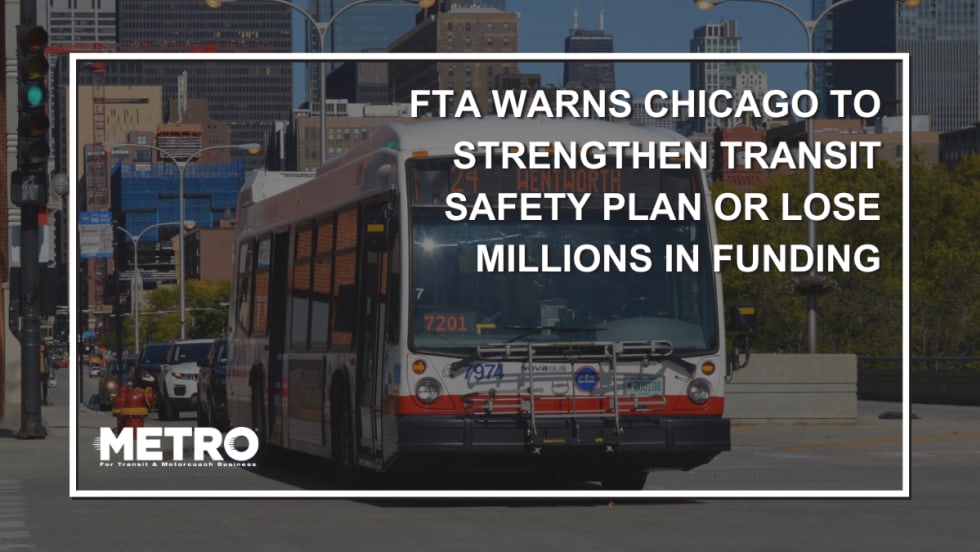Beginning Nov. 15, Seattle’s Sound Transit Fare Ambassadors will issue violations to passengers found to be riding repeatedly without proof of payment. Fare Ambassadors will continue to inform people about how to sign up for reduced fare programs and provide passenger service.
Sound Transit relies on fare revenue to operate its services. Sound Transit’s board approved the updated fare compliance policy last year. Under the updated policy, passengers without proof of payment will receive two warnings in a 12-month period. Warnings issued to passengers before Nov. 15 will be removed. All passengers will start with zero warnings.
Sound Transit Fine System
On the third and fourth interactions without proof of payment, passengers will be issued violations that can be resolved with Sound Transit through non-monetary options, such as an online class or engagement activity, or with a $50 fine for the third violation, and a $75 fine for the fourth.
Repeat non-payment, which is five or more instances of riding without proof of payment in a 12-month period, will result in a civil infraction, which may be referred to the district court.
Passengers found riding without proof of payment must provide some form of identification for tracking purposes. ID can include:
Valid state-issued identification card or driver’s license.
Valid military identification.
Valid passport or passport card.
Tribal enrollment card.
Current school or employment identification card that displays the full name
Library card.
Utility bill, paystub, bank statement, government check, or government document displaying full name and current address.
Hunting or fishing license.
Medicare, Medicaid, or health insurance card.
Passengers who do not provide valid ID will be asked to exit the train at the next station. Refusal to do so will result in a referral to security. The agency stated it is committed to seeking non-punitive solutions and will continue to refine its programs to prioritize assistance and education.
Additional procedures are currently under development, including direct referrals to social service teams and photo documentation for those without a valid fare and ID. These procedures are not final, however, and will be launched with more information at a future date.
Continuing Partnerships
Sound Transit’s new approach to fare compliance was developed in partnership with communities disproportionately impacted by the effects of fare nonpayment. The agency will continue to track the performance of the program to ensure it meets equity goals and inspection targets.
In conjunction with the updated fare compliance policy, Sound Transit has implemented several programs to ensure everyone has access to fare. Sound Transit reduced ORCA LIFT fares for low-income passengers, continued its partnership with King County Metro to provide subsidized annual passes for qualified passengers, and made fares free for youth 18 and younger.




